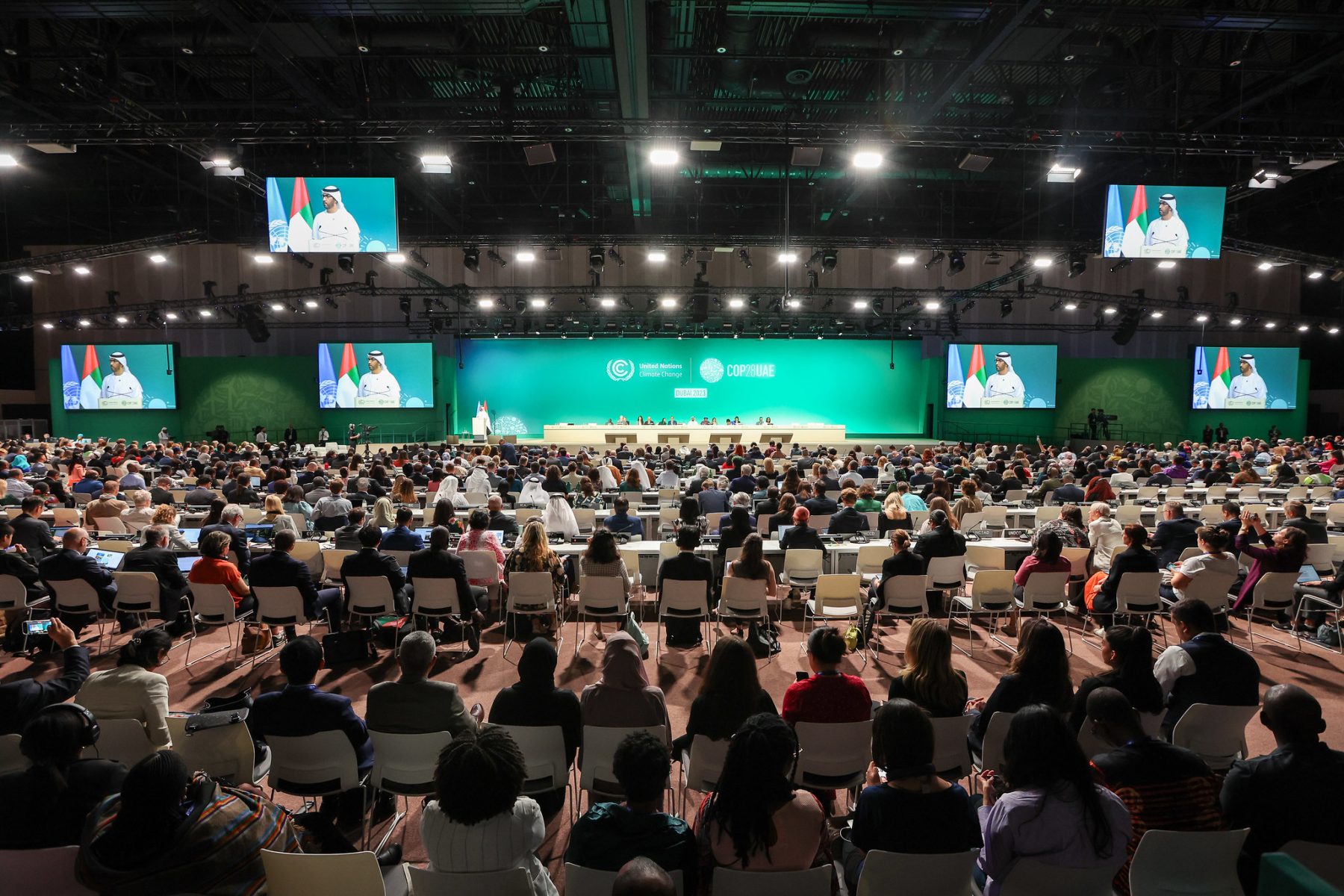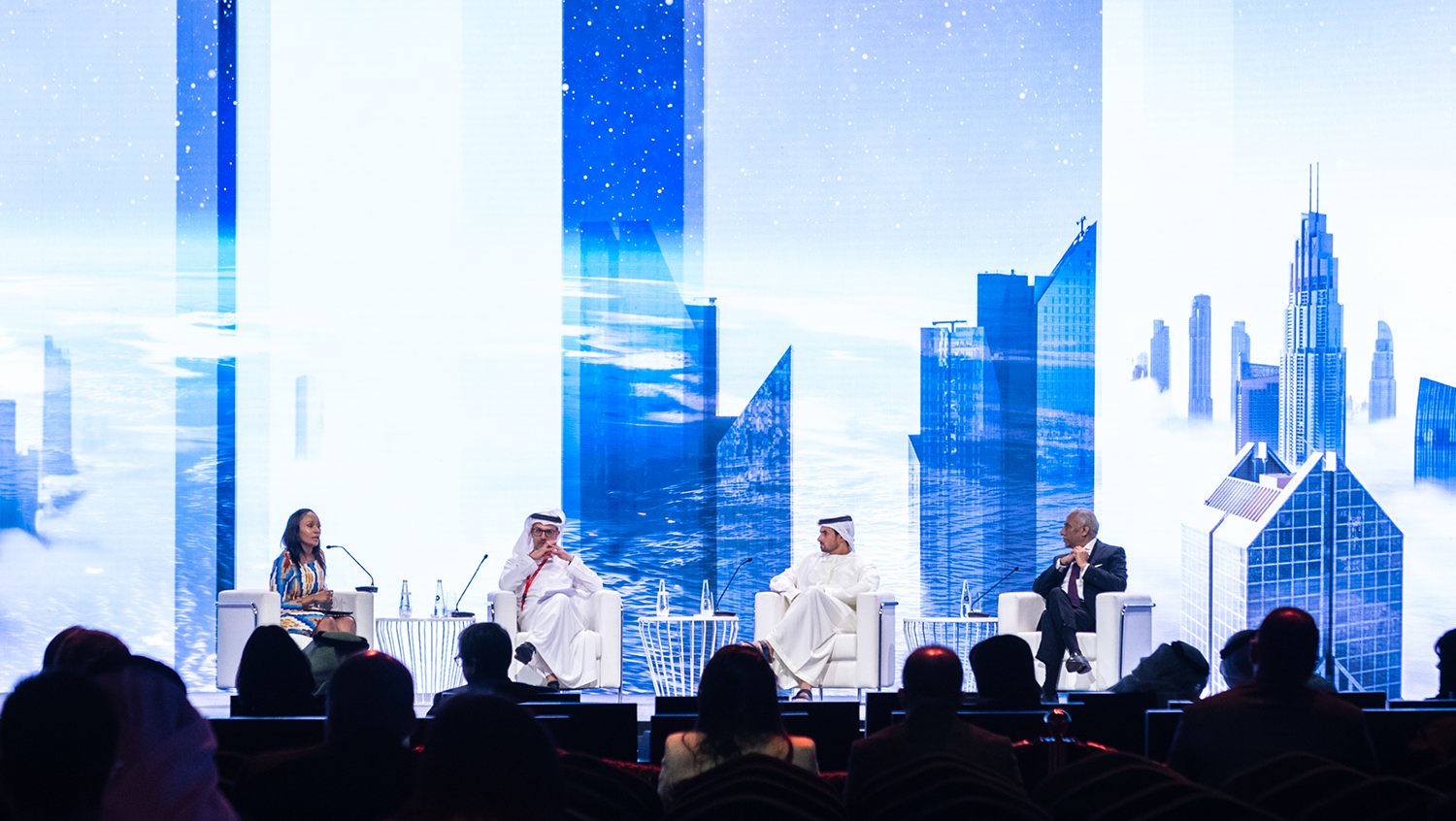What patterns or trends can we expect to see as the events industry reopens?
Martin Fullard joins Michael Gietzen on this week’s episode of Identify discussing the challenges that COVID testing may have as live events begin to return and the learnings from the last 12 months.

You can read the full transcript below or watch the episode here.
MG: Hello and welcome to Identify the news views and insights from within the events industry. I’m delighted to be joined by Martin Fullard today really, as we discuss kind of the hot topic, which is following Boris’s announcement. That there now is this sanguine optimism around the return of live events and I guess we look to the industry to see how this might unravel. And the first question I wanted to ask you is what patterns do you envisage paving the way for the return of live events and conferences martin?
MF: Yeah. Hi Michael. Oh, the patterns, there are so many different permutations.
I mean, let’s enjoy the optimism at the moment. There seems to be a healthy glut of inquiries and now, tentative bookings, certainly coming from the corporate sector, which is really great to see, I guess, let’s, let’s quickly look at the timeframe of where we are. They’re expecting to run some pilots events no earlier than the 12th of April and that then we’ll sort of set the rest of the tone for the rest of the year. Those pilots are going to yield. Uh, information about whether we proceed with testing for events. I know that’s a divisive subject for a lot of people, but obviously, that’s going to potentially either be a stumbling block or we’re an enabler we don’t know.
And then of course the next big milestone would be the 17th of May where restricted capacity events are going to be allowed. So certain events, I think outdoors up to 4,000 people or 50% and that also means, uh, indoor events rights, up to a thousand people will be allowed to run as well, but then you have all the COVID mitigations and they’re certainly aiming for a 21st of June complete reopening of the economy where the aim at least is to have no restrictions for events.
So these are the sorts of reassurances that corporates want to. Want to hear [00:02:00] about, but then we start looking down that the next level is the many events going to be able to go ahead without insurance, insurance is a big stumbling block. There’s the question over international travel.
That’s going to be on the agenda for a while longer, too. So events will probably be domestic and maybe even more localized. So there’s a lot of challenges. Uh, but certainly a pattern is beginning to emerge, I guess. I think did you, you touched on a couple of really good points there. I think that.
MG: You’ve highlighted the broadness of what is the event industry and I think some, some areas of our sector are going to benefit quickly from this and I think particularly those that are going to be having indigenous events where they’re reliant or not reliant on international travel. And I think they’ll see that that return come back much more easily.
Um, it’d be interesting as well to see which brands are brave enough to make that, that return. Will it actually happen as quick as this, do you think?
MF: Oh, that’s a really good question. The short answer is we don’t know. I think, you know, some brands will, you know, are inherently more, you know. Gung ho. Yeah. So yeah, some, some will, some won’t mind, some will do it though.
We want to have an air of safety about it. They won’t be reckless, but they’ll, they’ll embrace the risk. Whereas others are going to be more risk-averse. They’re going to just hang back, wait to see how the, how the landscape unfolds. You know, there will be some big corporates out there and brands who don’t want to take the chance of being that, you know, Oh, we don’t want to be the cradle of another COVID spike and a thing like that. Cause that’s bad PR. I get it, I absolutely get it. You know, we can reassure them that the events industry has got all these skilled professionals and procedures in place, to mitigate that.
But it’s going to say some gun-ho bravery, I think, to really get the ball rolling, but already we’re seeing, you know, such a, such a. A positive level of activity, particularly from the exhibition sector, they are ready to get those shows going. I think consumer side events are proving popular. You have to look at festivals.
I know we’re generally on business events here, but, uh, so many festival tickets sales just completely sold out last week as a result of the announcement. You know, there’s sentiments out there. People are gonna be voting on their feet, but that never normally translates. So crystal clear to the eyes of the corporate, I guess.
MG: No, I didn’t. And you always thinking the other day, I was just praying for a nice summer, again, like we did last year, but actually, I don’t know if that’ll make a difference for the audiences they will be donning their wellies and getting down to the festivals regardless. So just touching on challenges.
I mean, what do you think are maybe the greatest challenges that we’re going to face in the industry now?
MF: I think testing is going to be the, it’s going to be the big thing. We don’t know what level of testing, if any, is going to be required. And that will be determined really by these pilot events, which are scheduled to start happening in April and I think it’s important to remember that the government will look at events as a whole. It won’t say, say one set of rules for conferences, another set of rules for exhibitions, another set of rules for football or festivals. There probably be a blanket, a blanket rule. So when you look at things like football and you know, there is rumour and gossip that the Euros might be coming to England in its entirety.
In a practical world. Are you going to be able to encourage tens of thousands of people to get tested? There is some, you know, the spectators would then be obliged to pay for that themselves. That’s fine. But when translate that into a corporate setting, many saying, Oh, well the venue should be responsible for that.
Are they? Will they? I don’t know. In my experience over the last few weeks, the conversations I’ve had, corporate seems to be more pro-testing because maybe it’s not such a financial burden, but exhibition organizers may be dealing with consumer-based shows, say it’s cost-prohibitive. It would be too expensive to manage.
So testing is going to be an absolutely crucial component, in the months ahead.
MG: Yeah. And I keep hearing and reading about the health passport that they’re thinking about implementing, and I think the legacy of track and trace is yet to be known. I think all these different lenses are clouding that smooth return yet, but there is an optimism that you mentioned about that, that, um, DCMS DHSC all these government departments Bayes are helping to define what the guidelines are going to be for us.
But gee, if I was to predict, I think testing is going to be kind of mandatory in this early period. But then this post freedom, you know, in June, I think we’ll start to start to reduce. Do you think there are any learnings over the last 12 months that we can, we can build upon?
MF: Well, there’s, there’s a lot of things we can learn after the last year.
I mean, there are learnings that we can take out to our event buyers is one thing, but internally as an industry, I think that’s where the more immediate education needs to be studied. I think that as an industry, we are just it’s so fragmented. And this is a well-worn path we’ve been talking about it all year.
We’re not unified in, in perhaps the way that other industries are. And that means getting messages to the government and getting a clear set of demands and understanding to them is, is quite difficult. So one of the things that I’ve been talking about quite a lot this year is this idea of SIC codes.
At the end of the day, a business is determined in the eyes of the government, by how it is registered at the company’s house. And, you know, a few months ago, I covered this extensively in a feature. So few event businesses are registered as event business. There are 750 odd, SIC codes, Standardized Industrial Classification codes and you have to choose, I think, up to a maximum of four that describe your business practices. Many event businesses, and I won’t name any of them haven’t used any of the three available event codes there, you know, either a marketing service or a PR or communication service, and that’s fine. And that’s what they do.
But what the net result is, it makes the events industry weaker. We say 70 billion pounds. That’s what we’re worth. Well, actually, officially, according to the ONS and the treasury, the evidence says we are a fraction of that because the companies that are registered, are not registered as events, businesses, do you see?
And as a result, we’ve sort of shot ourselves in the foot there and then it’s a bit chicken and egg. You got to think, well, you can’t go and just ask all these guys to go and re register their company’s as event businesses as event businesses haven’t been given any help. So if anything like this happens again, where’s the incentive to do it.
So you’re kind of going around in circles. So I’d say as an immediate issue, that’s what we need to learn as a marketplace. But if we’re talking about our customers, I think what we’ve realized is that there is just no one way to engage our audiences. There are multiple ways and there’s, it’s really exciting that we can have these conversations about hybrid and virtual events because people want variety. You know, we have to make our events, inclusive, people traveling around en mass. It will come back to a point, but it won’t be the same for every sector. So we just got to embrace that variety. And I think it’s an exciting time.
We’ll be a leaner industry when we come back, but we will be stronger one.
MG: Yeah. I’ve literally just come from doing a pitch to a client I think one of the greatest learnings that we’ve had in this period is the adoption of digital. I think we should embrace it. I don’t think it’s. I think it’s clear that a wholly virtual will will not last as long
I think people initially, um, hoped because I think the networking element has been so difficult and those moments that human interaction, the human experience has been missed so much, but I think that we’ve learned so much from being able to attract keynote speakers in virtually being able to expand our audiences, um, be able to reduce the carbon footprint.
I think there are so many learnings that we’ve, that we’ve happened upon through the adoption of digital that must stay during this period. Well, if there’s anything you want to add before we, before we conclude about your optimism around the next 12 months. I’d say that this is probably has been the most optimistic any of us have been over the last year at the end of the day, the industry is whatever we want it to be. You know, keep the hope the end is in sight.
MF: We are going to be coming back. You know, there’s lots of inquiries and bookings confirming now from July onwards. It’s an exciting time. So yes, it’s still stressful.
We’re in that weird, horrible holding position, but don’t lose hope. We’re on the way back.
MG: Exactly. I know. I hope, you know, nothing is certain, but the UK are doing an amazing job so far. Um, with mitigating the impacts of COVID and long may it continue and the return of live events. Martin, thank you so much for joining.
If you want to get involved in the chat, please leave a comment below. Otherwise. Thank you, Martin. Thank you .








